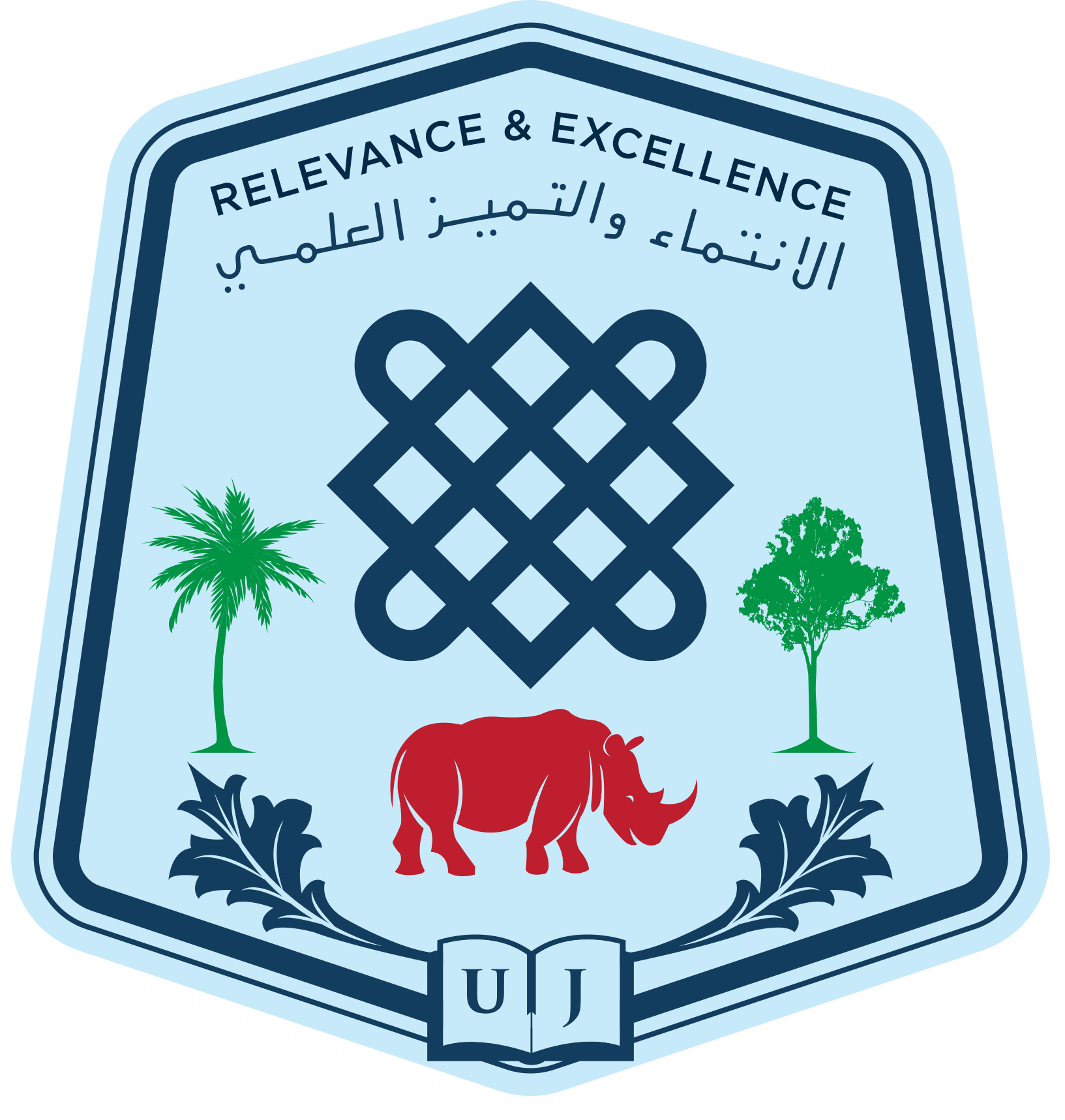Kheiralla, A.K., et al.,
Abstract
Introduction: Exclusive breastfeeding EBF is the feeding of an infant entirely with breast milk (i.e. via lactation). EBF is an important public health strategy for improving infant and child morbidity and mortality indicators, The World Health Organization (WHO) &(UNICEF) recommend exclusively breastfeeding for the first 6months of life, EBF, improves the growth, and survival status of newborns and is best forms of prevention.
Goals: To assess the related factors hindering mothers knowledge, attitude and practices towards exclusive breast feeding of infants in Juba.
Methodology: Study design & area: A questionnaire-based qualitative study was conducted on a group of 123 nursing mothers from December 2013 to 30th June 2014 to evaluate knowledge attitude and practices towards EBF, The sample size was selected randomly at AL-Sabah Hospital.
Results: age range 54.5% of age 16-25yrs, 40.7% of 26-35yrs and finally 4% were 36-45yrs. Educational level; 38.2% basic, 19.5% secondary, 7.3% university, 35% illiterate, (tot literate 65%). Social status; 2.4% were single mothers, 92.7% were married, 4.1% divorced/ separated and 0.8% widow. Income; 8.1% self-employed, 12.2% employed both in private and public sector, 79.7% unemployed. Residence area; 22.0% of mothers from Juba, 26.0% from Kator, 43.2% from Munuki, and 9.7% from Rajaf Religion background, 93.5% Christians, 5.7% Muslims and 0.8% no credo, bear chronic illness; 8.1% had chronic illness, 91.9% absent of chronic (medical report). ANC attendance; 77.2% regularly attended, 11.4% irregularly, 10.6% never been to ANC, and 0.8% do not know ANC, with house hold dependants; 16.3% had other infants, 19.5% had children of >2 years at t home, 21.1% had adults > 60 years old and 43.1% had no departments. Breastfeeding practice: 96.7% practicing breastfeeding only 3.3% not practicing breastfeeding. The frequency during day: 59.3%were breastfed 8 times or more, 11.8% breastfed less than 8 times, 26.0% not sure and 3.3% not breastfed. Start of breastfeeding: 66.2% immediately after birth, 20.3% within hours, 13.8% within days and 3.3% not breastfeeding, knowledge about duration of EBF; 17.1% first 3 months, 67.5% first 6 months, 8.1% up-to 2yrs and 7.3% don`t know , Attitude to practice EBF; 85.4% Agree to EBF, 8.1% uncertain and 6.5% disagree, complementary foods: 22.8% of infants introduced to complementary food before 4 months, 37.4% between 4-6 months, 30.9% after 6 months and 8.9% do not know, while 35 % exclusively will breastfeed, 14.7% were given juice & water, 4.9% were given soup , 45.5% were given others foods. interference breastfeeding with work productivity and payment : 27.6% of the women agree that time spent breastfeeding at work should not be paid but 73.4% disagree with not paying the time the mother spent breastfeeding at work place, Breastfeeding in public places: 52.8% agree when baby is hungry, 8.1% uncertain and 39.0% disagree, Knowledge about immune system of breastfed infant: 97.6% are aware that immune system of breastfed infant is stronger than formula-fed infant, only 2.4% do not know.
Conclusions & Recommendations
Breastfeeding mothers are faced with multiple challenges to practice exclusive breastfeeding. Thus, scaling up of EBF
among mothers requires concerted effort at all levels of South Sudanese Society. The promotion and acceptance of the EBF is vital in high level of poverty, Civil War, disease burden and low access to clean water and luck of adequate sanitation. The accessibility of Ante Natal Clinic ANC, training of Healthcare workers and counseling mothers are crucial, also the adoption and implementation of the WHO/UNICEF Global strategy for Infants and Young Child Feeding (IYCF) at all healthcare levels in the States of the Republic of South Sudan is paramount.
Keywords: Al-Sabah Children Hospital; Civil War; Complementary Food; Exclusive Breastfeeding EBF; illiteracy; lactating mothers; The World Health Organization (WHO), United Nations
Children’s Fund (UNICEF)

